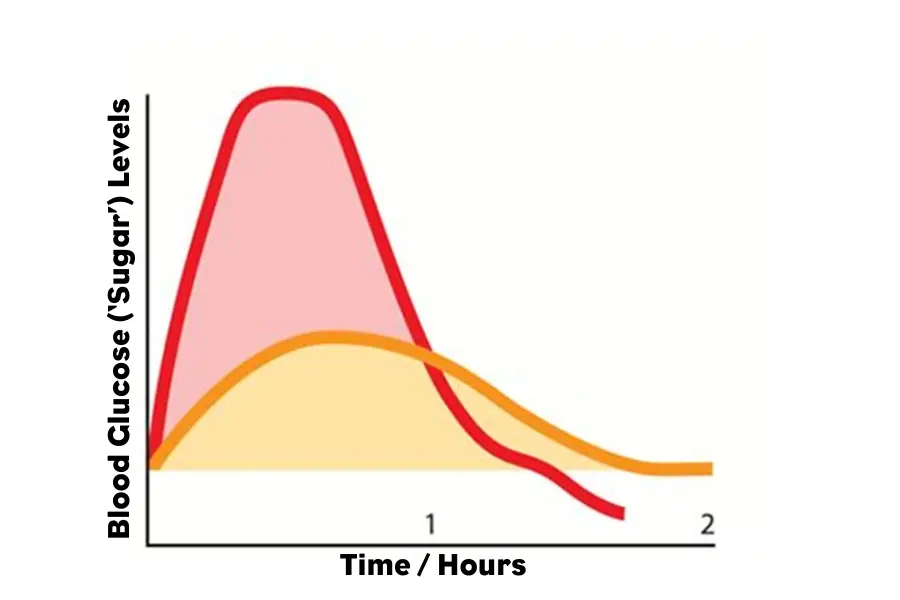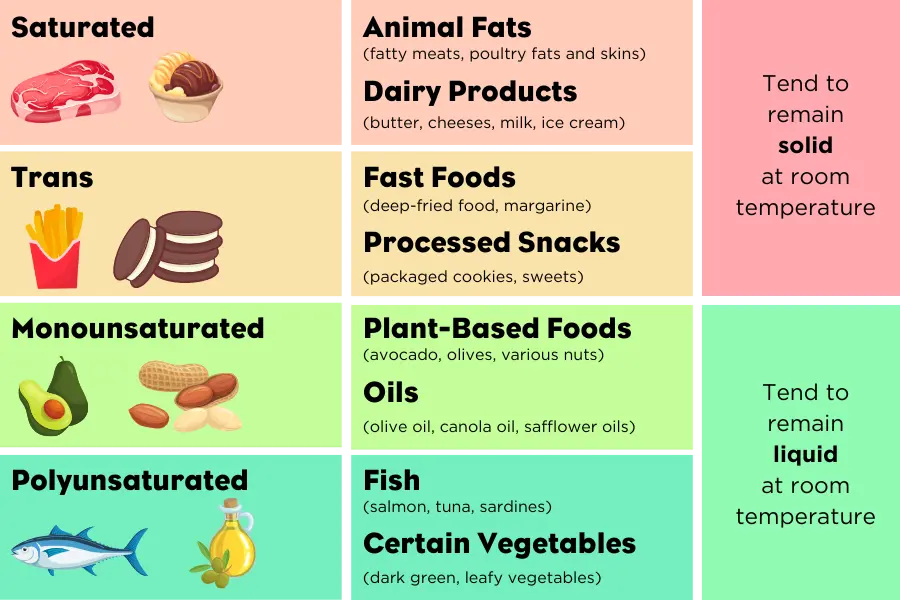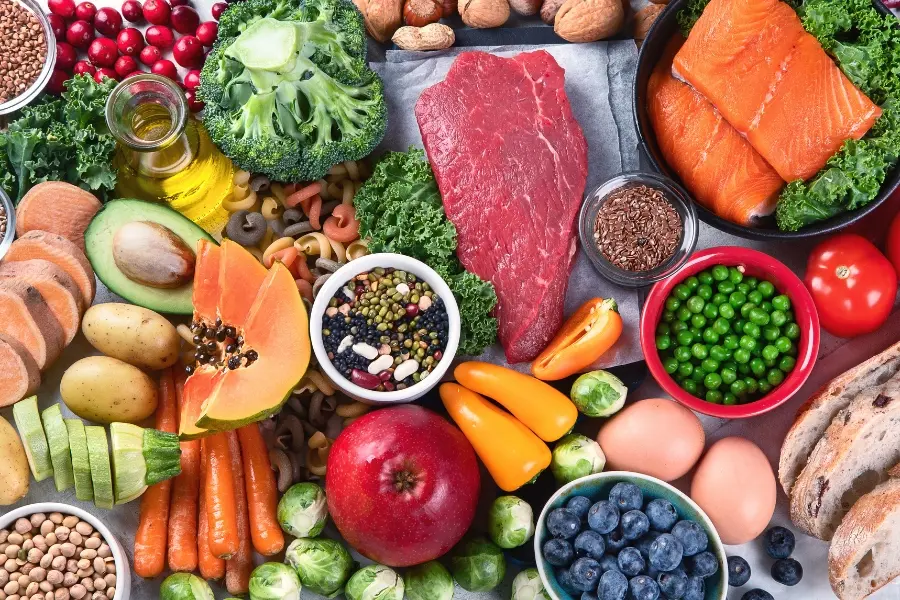In today's blog our Clinic and Performance Sport Teams explore the role of nutrition in sports and fitness. From unlocking athletic performance through nutrition to the general benefits that a balanced diet can bring, read on to find out more.
Unlocking Athletic Performance Through Nutrition: Understanding Macronutrients and Their Impact
In the realm of sports and fitness, the importance of nutrition cannot be overstated. Whether you're striving for speed, endurance, strength or power, the demands of your chosen sport dictate the fuel your body requires. It's not just about eating; it's about eating strategically to optimise performance and nutrition can be used as a tool to support your goals.
Nutrients are the building blocks of a well-functioning body, sustaining basic functions and supporting optimal performance. Macronutrients such as carbohydrates, proteins, and fats are needed in large quantities, while micronutrients like vitamins and minerals are required in smaller amounts. Understanding these components is crucial for individuals aiming to enhance both their health and performance – let’s break these down together:
Carbohydrates
For energy and endurance
Carbohydrates play a pivotal role in unlocking athletic performance through nutrition. Consuming carbohydrates helps to maintain high rates of carbohydrate oxidation for energy production, reducing ratings of perceived exertion, increasing endurance capacity, delaying the onset of fatigue, and preventing hypoglycaemia (low blood sugar). However, not all carbohydrates are created equal.
There are two types of carbohydrates: fast-acting carbohydrates (simple) and slow-acting carbohydrates (complex). Fast-acting carbohydrates, such as fruits, dried fruits, cakes and sports drinks, provide a quick energy boost during intense activities but this energy provision subsides quickly too. On the other hand, slow-acting carbohydrates like whole grains, legumes, and starchy vegetables release energy steadily over time, ensuring sustained endurance. The difference in between the rates of energy release can be seen in the Figure 1 below:

Figure 1: Visualisation of blood glucose (‘sugar’) levels over time in response to fast-acting and slow-acting carbohydrates. (Weightology: The Science of Body Metamorphosis, 2015)
Complex Carbohydrates
Additionally, high-fibre carbohydrates, found in whole fruits, whole grains, and legumes, offer additional benefits by promoting digestive health and providing long-lasting energy. By incorporating a mix of these carbohydrate sources into their diets, athletes can optimise their performance and fuel their bodies effectively for success.
For athletes, carbohydrate recommendations are higher compared to the general population, as they need to fuel their demanding training regimens. The specific recommendations vary based on factors such as body weight, activity level, and training intensity. Finding the right balance of carbohydrates is both an art and a science, requiring careful consideration of individual needs and performance goals. (But that's one for another blog!)
Protein
For structure and repair
Protein is often hailed as the building block of muscles, but its role extends far beyond that. It serves various functions including structural and mechanical support, acting as enzymes, hormones, antibodies, and facilitating transport within the body.
Protein can be derived from both animal and plant-based sources, offering a diverse array of options to suit individual preferences and dietary restrictions. Animal-based sources of protein include lean meats like chicken, turkey, and fish, as well as dairy products such as yogurt and cheese. Plant-based sources encompass legumes, tofu, tempeh, nuts, and seeds.
Determining the optimal protein intake for athletes can be a nuanced process, influenced by factors such as age, recent exercise stimuli, and training goals. General recommendations suggest consuming approximately 0.25 grams of high-quality protein per kilogram of body weight per serving, with an absolute dose ranging from 20 to 40 grams. These protein servings should ideally be evenly distributed throughout the day, spaced approximately every 3 to 4 hours.

Figure 2: Functions of Protein Within the Human Body
Fats
For absorption of vitamins
Fats often get a bad rap, but they play a crucial role in supporting athletic performance and overall health. Beyond being a source of energy, fats aid in the absorption of fat-soluble vitamins, insulate vital organs, and contribute to cell membrane structures.
Athletes should approach fat intake in alignment with public health guidelines, tailoring their consumption based on individual training levels and body composition goals. While it's essential to be mindful of the types and amounts of fats consumed, completely excluding fats from the diet is not advisable.
Typically, when looking to sources of fat, we want to prioritise mono- and poly-unsaturated fats. These are linked to long term health benefits such as increasing healthy cholesterol and reducing those that are unhealthy, as well as providing essential fatty acids that we cannot make in our bodies naturally, such as omega 3 & 6.
Saturated and trans-fats, however, are sources that we are typically advised to be mindful of. Figure 3 is useful in beginning to identify the differences between fat source types, examples and their common characteristics.

Figure 3: Types of Fat, Sources and Characteristics of Each.
In conclusion, nutrition plays a fundamental role in optimising athletes health and performance. Understanding the roles of macronutrients—carbohydrates, proteins, and fats—is crucial for athletes seeking to fuel their bodies effectively and achieve peak performance. It's important to recognise that nutrition isn't a one-size-fits-all approach; it's about finding what works best for your body and goals and fuelling accordingly. Whether you're a runner, play a sport, or enjoy lifting weights, or engaging in high-intensity interval training, prioritising the right nutrients is essential for unlocking your full athletic potential.

Figure 4: Balanced diet
If you would like more personalised nutritional advice, Oriam Clinic offers a range of nutrition support services. You can also get support with your training from our Fitness team or find out more about our performance services and athlete support programmes. From youth development to amateur sport and performance athletes, our team are here to support you at every step.
Edits
Originally published on 14th February 2024
Edited 12th November 2025
References:
Jäger, R., Kerksick, C.M., Campbell, B.I. et al. International Society of Sports Nutrition Position Stand: protein and exercise. J Int Soc Sports Nutr 14, 20 (2017). https://doi.org/10.1186/s12970-017-0177-8
Jeukendrup, A. E., & Gleeson, M. (2019). Sport nutrition an introduction to energy production and performance. Human Kinetics.

About the Author
Saumya leads the delivery of Sport Science support for Heriot-Watt University's Football Scholarship Programme and conducts hydro pool rehabilitation with our charity partners Back Onside.
